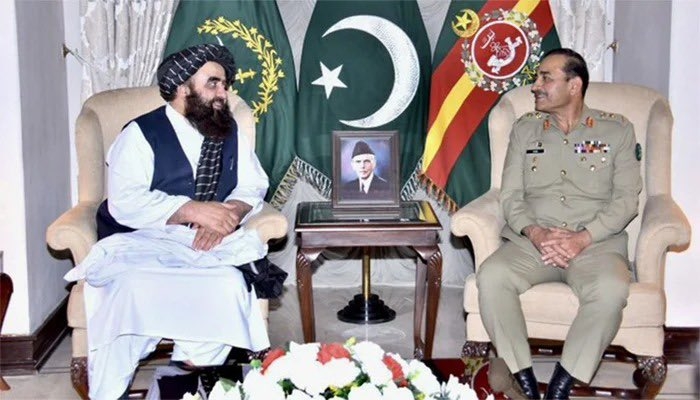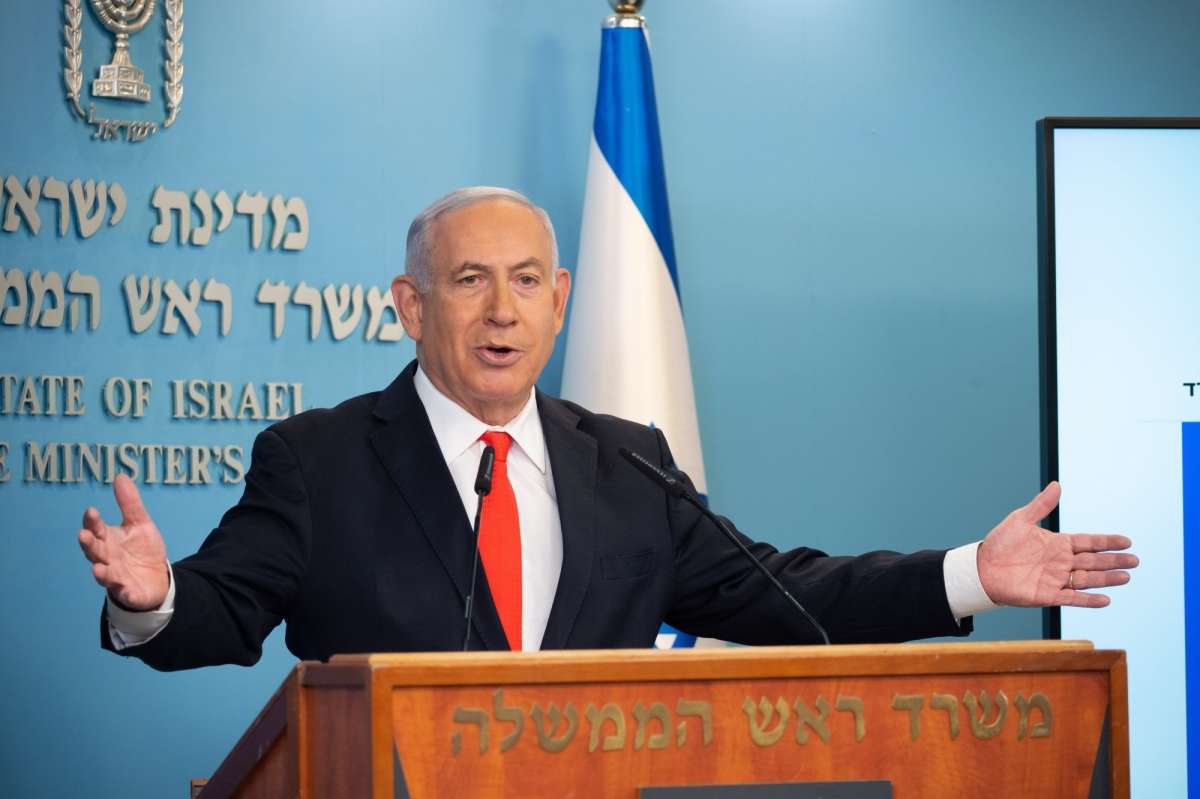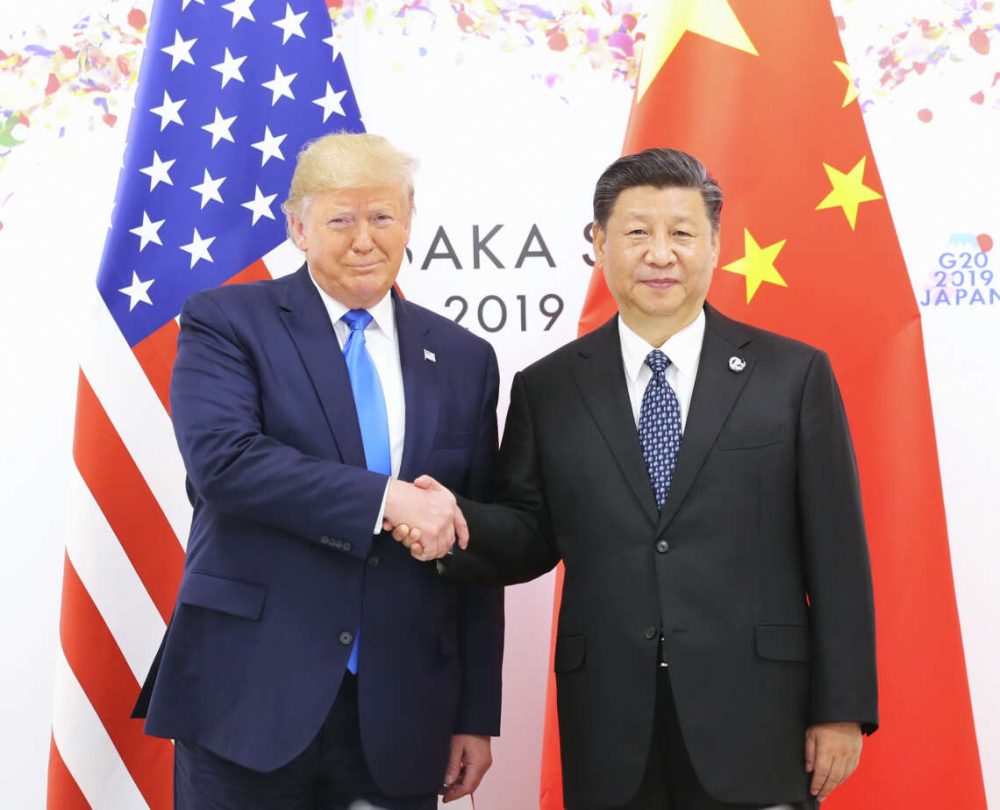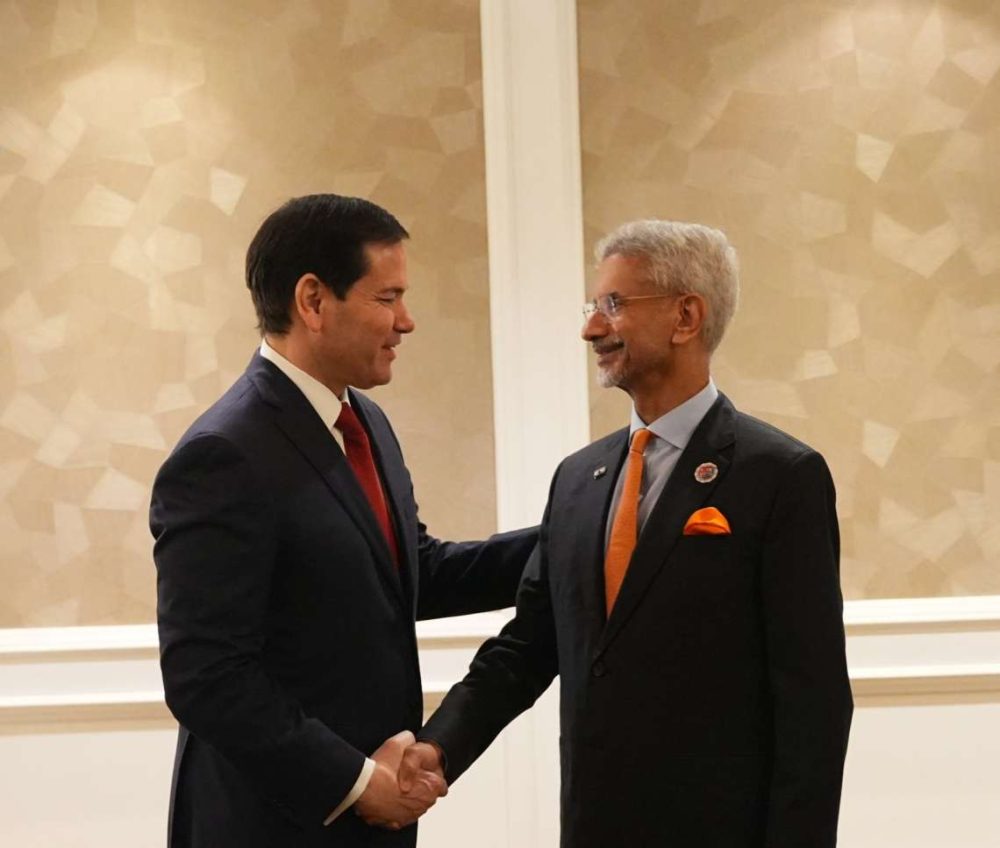Afghan foreign minister Muttaqi , who is currently in Pakistan on a visit to participate in bilateral and trilateral meetings (with China) called on the army chief at his office….reports Asian Lite News
Pakistan’s Chief of Army Staff Gen Asim Munir, in a meeting with acting Afghan Foreign Minister Amir Khan Muttaqi on Sunday, stressed the need for enhanced cooperation between the two countries to “effectively tackle the common challenges of terrorism and extremism”, media reports said.
According to a statement issued by the Inter-Services Public Relations (ISPR), Muttaqi , who is currently in Pakistan on a visit to participate in bilateral and trilateral meetings (with China) called on the army chief at his office.
Since its launch in 2017, the trilateral dialogue mechanism has become an important platform for the three countries to enhance understanding and deepen mutual trust and cooperation. The dialogue this time is taking place at a time when cross-border attacks from Afghanistan are on the rise.
The statement said the two discussed issues of mutual interest, including aspects related to regional security, border management, and formalisation of bilateral security mechanisms for “improvement in the current security environment”.
“COAS stressed the need for enhanced cooperation between the two brotherly neighbours to effectively tackle the common challenges of terrorism and extremism. He reiterated the need for full support and commitment from the Afghan interim government in matters of mutual interest,” the ISPR said, adding that the COAS also reaffirmed “Pakistan’s commitment to a stable, peaceful and prosperous Afghanistan”, Dawn reported.
The statement added that the Afghan minister appreciated Pakistan’s support for the people of Afghanistan and acknowledged the “important role that Pakistan continues to play in facilitating peace and development in Afghanistan”.
Muttaqi also expressed his desire to work closely with Pakistan to promote regional stability and prosperity, it added, Dawn reported.
Both sides agreed on the importance of maintaining regular contact to strengthen bilateral ties and address issues of common concern.













